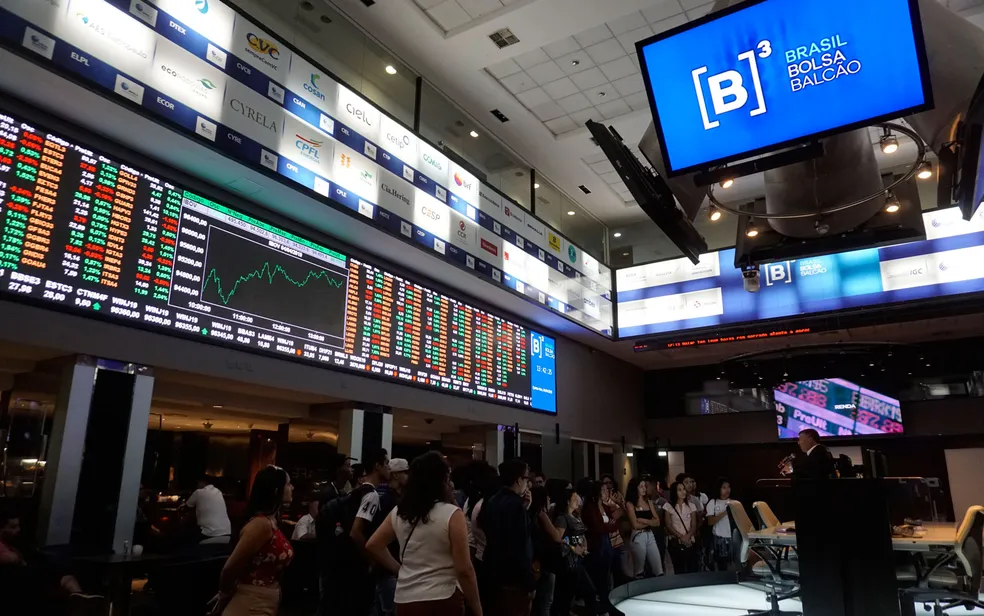Brazil’s agricultural sector faces a complex landscape in 2024. Wheat exports will rise, while other grains see mixed fortunes. The National Association of Cereal Exporters (Anec) projects wheat exports to reach 2.7 million tonnes, up 200,000 tonnes from 2023.
This increase occurs despite December shipments falling to 436,000 tonnes, down 24,000 tonnes year-over-year. Paradoxically, wheat imports surge over 60% to 6 million tonnes, reflecting domestic market dynamics.
Soybean meal exports set a new record at 23.1 million tonnes, surpassing 2023’s 22.35 million tonnes. December shipments alone account for 2.1 million tonnes of this total.
Soybean exports tell a different story. December estimates hold steady at 1.62 million tonnes, but show a 2 million tonne annual decline. 2024’s total soybean exports will likely reach 97.5 million tonnes, down from 2023’s record 101 million tonnes.
 Brazil’s Wheat Exports Rise as Corn and Soy Decline in 2024. (Photo Internet reproduction)
Brazil’s Wheat Exports Rise as Corn and Soy Decline in 2024. (Photo Internet reproduction)Corn exports face a significant downturn. December shipments remain at 4.1 million tonnes, well below last year’s 6.5 million tonnes. The full year 2024 forecast stands at 38.3 million tonnes, a sharp drop from 2023’s 55.6 million tonnes.
These fluctuations stem from various factors. Weather conditions, global demand shifts, and currency movements all play crucial roles. Brazil’s agricultural sector must navigate these challenges to maintain its global market position.
The wheat export growth showcases Brazil’s adaptability in changing markets. However, increased imports highlight domestic supply concerns. Soybean meal’s record performance offsets declines in whole soybean and corn exports.
Brazil’s Wheat Exports Rise as Corn and Soy Decline in 2024
Brazil’s grain trade reflects broader economic trends. The sector’s resilience in the face of adversity demonstrates the country’s agricultural strength. As markets evolve, Brazil’s farmers and exporters continue to adjust their strategies.
This dynamic landscape offers opportunities for innovative approaches. Farmers may diversify crops or explore new markets. Exporters might seek alternative trade routes or value-added products.
Brazil’s grain export story in 2024 is one of adaptation and resilience. The sector faces challenges but also finds new avenues for growth. This balance of setbacks and successes shapes Brazil’s agricultural future.

 By The Rio Times | Created at 2024-12-27 10:44:02 | Updated at 2024-12-28 06:33:01
19 hours ago
By The Rio Times | Created at 2024-12-27 10:44:02 | Updated at 2024-12-28 06:33:01
19 hours ago




![[Nefarious Activities via Manipulating CRS Reports to Congress] Revisiting the Congressional Research Service 2016 nbC Report](http://www.freerepublic.com/images/shotheard.jpg)



